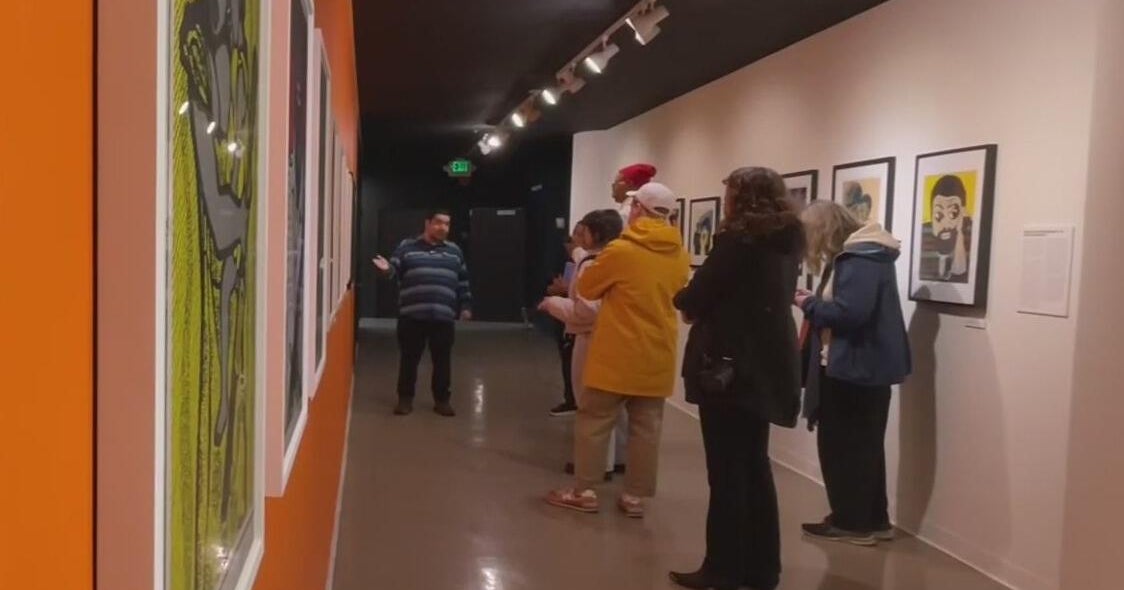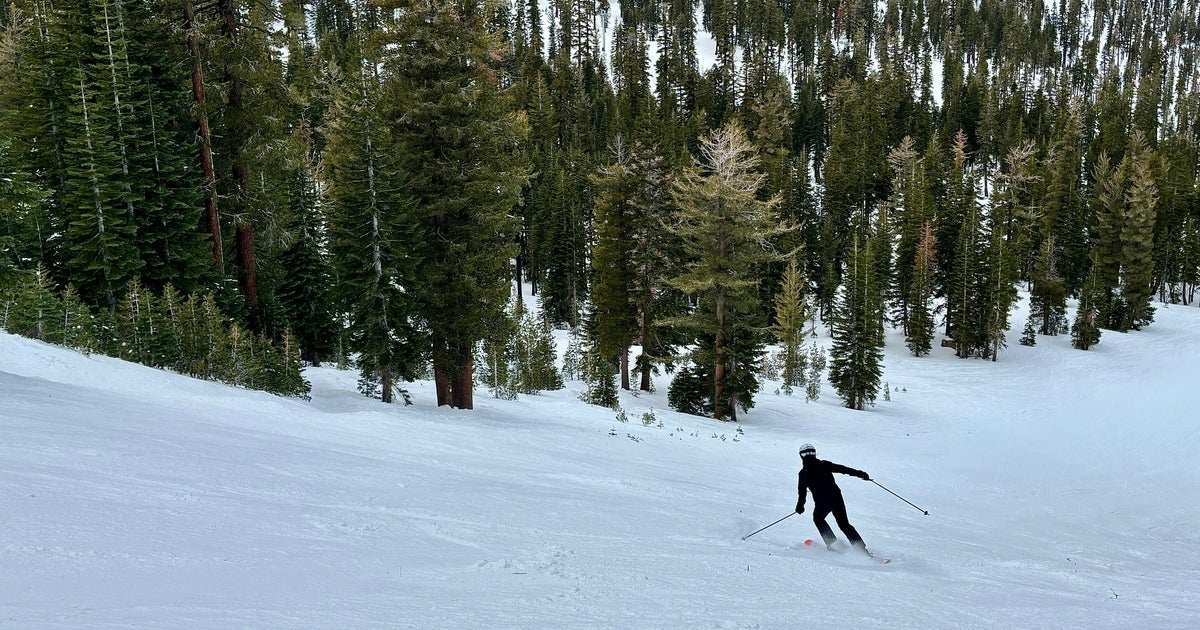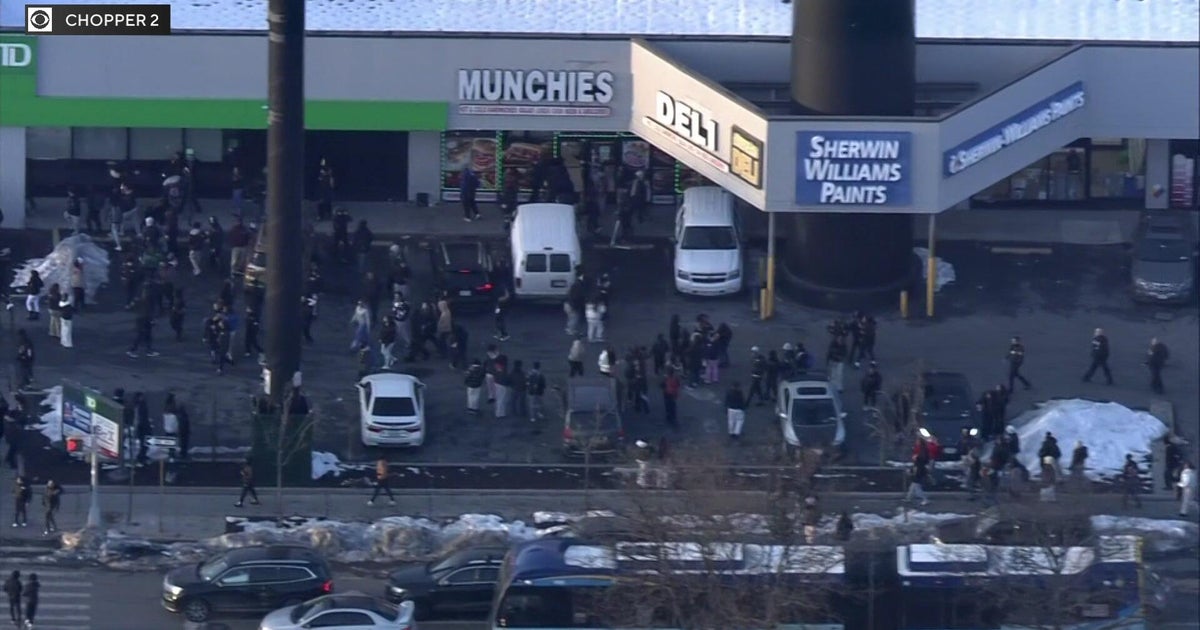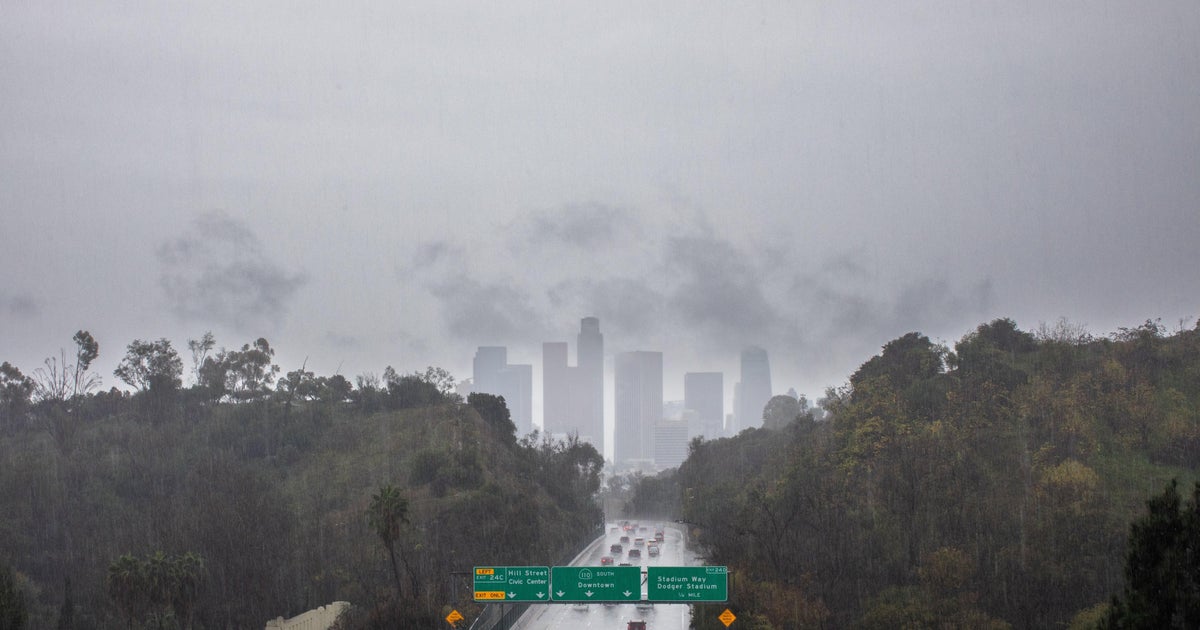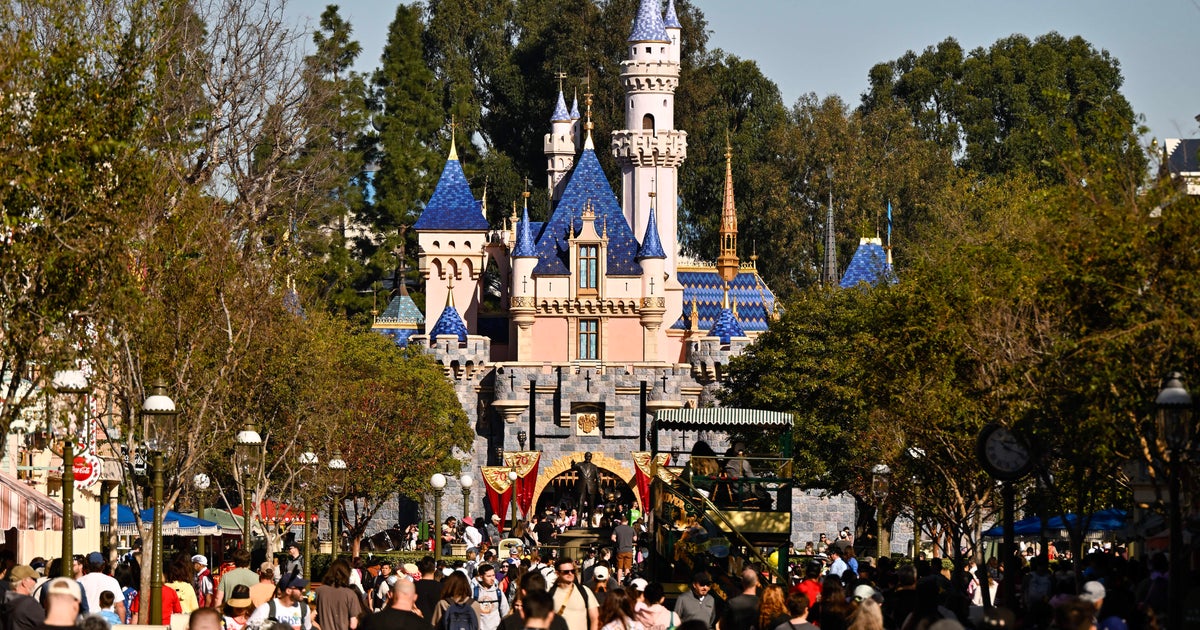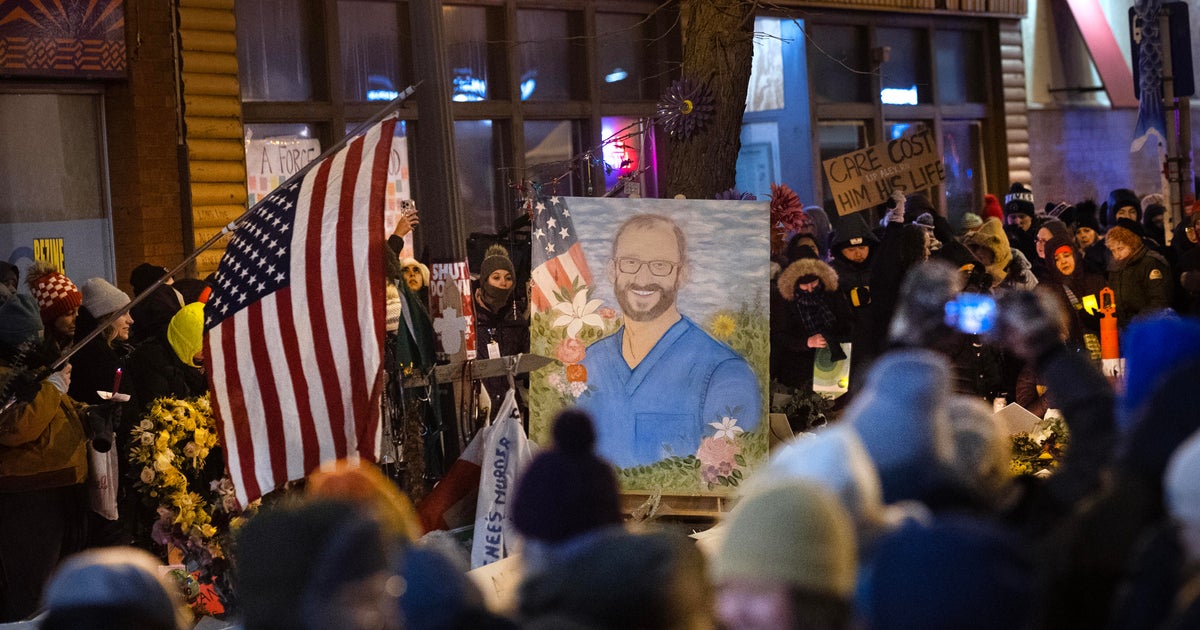Juneteenth Marked Across Bay Area With Rallies, Protests, Work Stoppages
SAN FRANCISCO (CBS SF) -- A series of rallies and events across the Bay Area and the nation Friday were held to mark Juneteenth, which commemorates the emancipation of those enslaved in the U.S., with this year's celebration taking on new urgency amid the movement for racial justice.
Friday afternoon a large crowd was rallying at Frank Ogawa Plaza in Oakland, where the day began with a work stoppage and march of thousands of people from the Port of Oakland.
The work stoppage coincided with similar ones at several west coast ports, each shutting down for eight hours. 29 ports in California, Oregon, and Washington were shut down, according to the International Longshore and Warehouse Union Local 10. Civil rights icon Angela Davis was among those who addressed the crowd at the Port of Oakland.
"There's no question that we stand behind the Black Lives Matter movement," said Port of Oakland Board President Cestra "Ces" Butner. "We want this country to live up to what it's supposed to be."
Also Friday afternoon, another group of peaceful protesters marched and briefly blocked traffic on the Carquinez Bridge.
In the South Bay, hundreds of people showed up for a celebration and rally outside city hall which took on a festival atmosphere. Rally speakers had three demands: defunding the police, more investment in Black communities, and the resignation of President Trump.
At Oakland's Lake Merritt, among the dancing and food there was a push to make sure the marches of the past few weeks turn into real change on a political level.
"June 19th, 1865 - Galveston, Texas, we're out here celebrating our ancestors, our history and our freedom and the road that we still have to go," said Oakland resident Kumi Rauf.
Events marking Juneteenth were planned in every major American city on Friday, although some were being held virtually due to the coronavirus pandemic. At some events, like in Chicago and New York, participants packed together, though many wore masks; at others, masks were scarce.
In Nashville, Tennessee, about two dozen Black men, most wearing suits, quietly stood arm in arm Friday morning in front of the city's criminal courts. Behind them was a statue of Justice Adolpho Birch, the first African American to serve as chief justice of the Tennessee Supreme Court.
"If you were uncomfortable standing out here in a suit, imagine how you would feel with a knee to your neck," said Phillip McGee, one of the demonstrators, referring to Floyd, a Black man who died after a white police officer pressed a knee into his neck for several minutes.
Former President Abraham Lincoln first issued the Emancipation Proclamation on Sept. 22, 1862, and it became effective the following Jan. 1. But it wasn't enforced in many places until after the Civil War ended in April 1865. Word didn't reach the last enslaved Black people until June 19 of that year, when Union soldiers brought the news of freedom to Galveston, Texas.
Most states and the District of Columbia now recognize Juneteenth, which is a blend of the words June and 19th, as a state holiday or day of recognition, like Flag Day. But in the wake of protests of Floyd's killing this year and against a backdrop of the coronavirus pandemic that has disproportionately harmed Black communities, more Americans — especially white Americans — are becoming familiar with the holiday and commemorating it.
"We come here in celebration of how far our ancestors have brought us, and just mindful of how far we have to go," said Brandie Bowen with advocacy group Coleman Advocates in Oakland.
"It's warming, because basically, Juneteenth wasn't one of those things a lot of people knew," said San Francisco resident Tyree Leslie.
"Making sure that those who believe in protesting are registered to vote and that's another way that they can protest by voting," said Kim Heidelberg of Landmark Christian Fellowship.
While the sudden acceptance of the holiday by corporate America is one step, Rauf want the change to go further.
"You have a lot of companies doing little things, but look at their C-suite, look at their boards - they're all white men," noted Rauf. "So, let's change that - you want to show that you're really about diversity, let's change that. Change it at that level, we'll really start listening."
Andria Borba contributed to this report.
